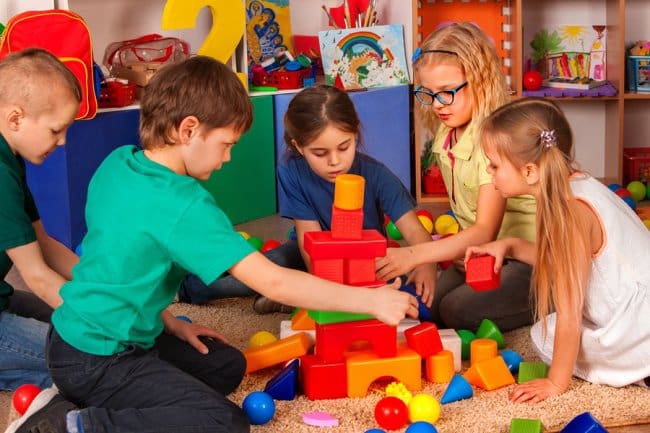
Autism can sometimes interfere with a child’s ability to make friends and feel comfortable interacting with others. Every child deserves to feel confident in social situations, as social interactions and emotional wellness are closely intertwined. With plenty of patience and persistence—and the help of autism therapy —parents can help their children develop strong social skills.
Modeling Social Behavior
Children are natural sponges—they learn by observing what other people do. However, children with autism often require some explanations of why people do and say certain things. After you model appropriate social behavior during an interaction with someone, you can help your child understand what happened. Hypothetically, you’re in a checkout lane at the supermarket with your child. The cashier compliments your earrings. You’ll probably smile, say “Thank you,” and then compliment the cashier’s necklace. Afterward, you can tell your child that smiling and thanking the cashier was a polite thing to do. Giving the cashier a compliment in return helped the cashier feel good about herself.
Using Social Stories
Talk to your child’s ABA therapist about using social stories. These stories depict people in specific social situations. They also explain what to do in these situations. For instance, a social story might depict a child playing by himself, with two other children nearby. The solo child could approach the two friends to ask if he can join in on their activity.
Using Roleplay
Roleplay is a fun way for your child to practice the skills he or she learns in ABA therapy. It can also help your child learn to perceive scenarios from the viewpoints of other people. Some scenarios to roleplay could include how to respond when asked to share a toy, how to raise a hand in a classroom to get the teacher’s attention, and how to use an indoor voice in the library.
The Behavior Exchange invites parents to explore the social skills groups available at our ABA school in the DFW area. We maintain a positive, supportive environment, where children can build strong friendships and develop self-confidence. Get in touch at (888) 716-8084.
